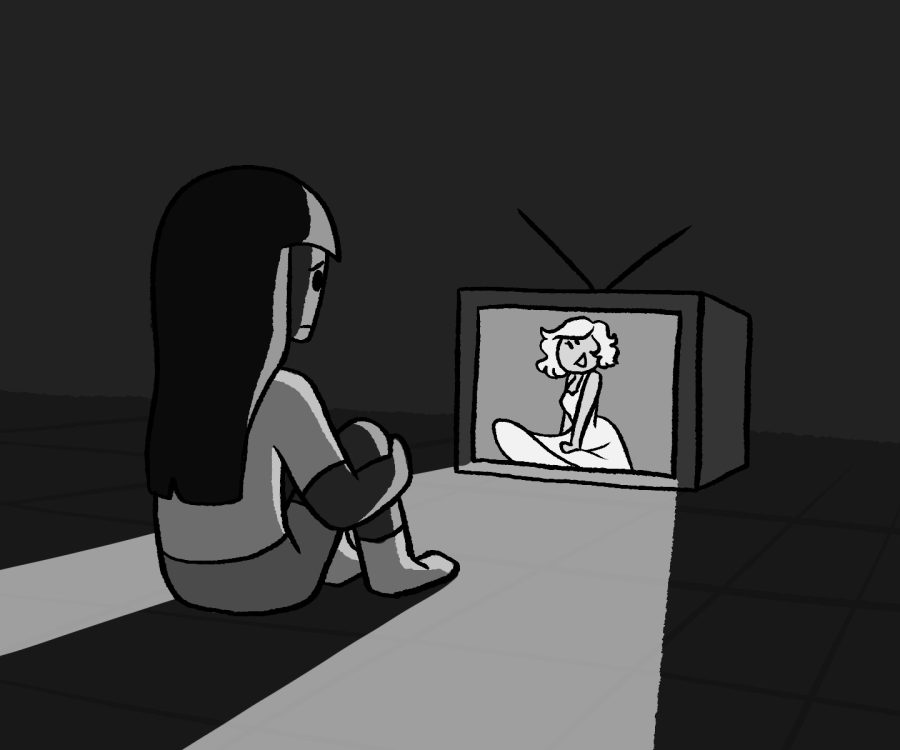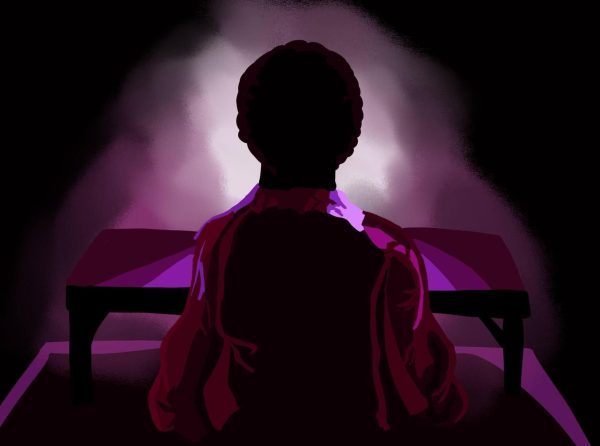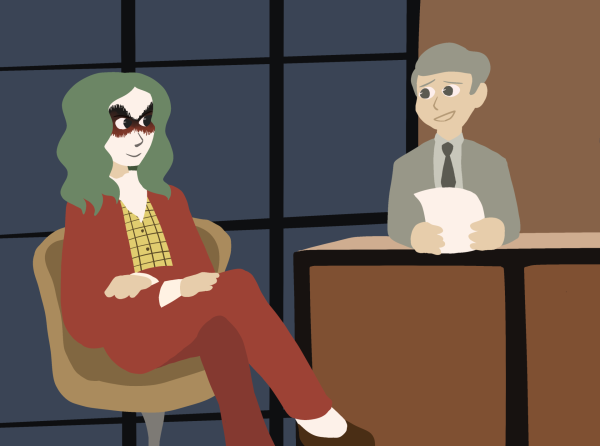The sisterhood of the traveling emotionally unstable icon
I wasn’t going to write anything about the new film “Blonde,” a historical fiction projecting only the romanticization of Marilyn Monroe’s abuse. There are an abundance of writers who focus on deciphering the dichotomy between films that simulate what is wrong with society, and just softcore porn disguised as a ‘biopic.’
I do not often critique films, I enjoy them or I do not. I may not add much from a critic’s perspective, analyzing the trajectory of how repulsive and unfortunately not surprising this film unfolded to be, but I can feel distraught as once a young girl who adored Marilyn Monroe.
I was obsessed, I watched every movie, read every book about her. The fact that Norma Jean recreated herself to be Marilyn Monroe, this glamorous and sophisticated Hollywood icon was a dream come true for an insecure 12-year-old. Obviously, the older I got, the more I read and learned about her past, which proved Monroe wasn’t as perfect as I had once innocently thought. So, I moved on. But by the time I was in middle school I was in the peak Lana del Ray Tumblr era and the new wave of idealizing ‘the tragic beauty’ through the male gaze. While I thought the world has moved on from this ever since they banned thinspo in their search engine, this movie brought me right back.
“I really do think they are going to find out later on how toxic Tumblr and romanticizing depressed Hollywood stars was for our childhood. I mean I was obsessed with Marilyn as a kid, she was white and blonde and gorgeous – I think my infatuation was more of the environment of self-esteem issues than looking up to her as a role model,” said Erika Rodriguez, a sophomore studying Women and Gender studies.
Rodriguez feels that “Blonde” had the opportunity to be a movie that truly focuses on the complexity of womanhood, but instead was wasted for a pornographic view of her life.
“Women have to endure so much yet pitted against each other from the beginning,” Rodriguez said. “It’s so easy to hate someone like Marilyn now with so much privilege but there’s no disagreement her life was tragic. I think many aspects of her life are something women can take solace in, and this disaster of a film just spits on that connection.”
Like many female stars after her, Monroe is seen less as a person but a representation of Hollywood and the dream life.
Paul Booth, a Media and Cinema Studies professor at DePaul believes one of the reasons people continue to recreate her story is for her role in Hollywood as a larger than life status of an icon.
“The fact that Norma Jean becomes Marilyn Monroe becomes this icon, means it’s already removed from any sense of who this person actually is,” Professor Booth said. “Marilyn has come to symbolize what is terrible and amazing about celebrity culture. She has symbolized feminine power and feminine fragility. She symbolized the detrimental effects of being famous and the success of being famous. So she represents different stories to different people. Which means we will never know the true story.”
There have been 15 movies since Monroe’s death in 1962 made about her life. Directed by Andrew Dominick and based after a fictional novel by Joyce Carol Oates, “Blonde” will be the 16th film for people to experience the fetishization of Monroe – now this time rated NC-17.
“People are fascinated by tragedy, and people are fascinated by celebrities and so the two go together. Hollywood makes lots of movies about real people and tragic things that happen to them, but people also go to see those movies. If people didn’t pay, they would stop making it. So it’s a perennial question, right?” Professor Booth said. “Do people go and see it because they’re interested in it or are they interested in it because they can go and see it?”
Needless to say, I was weary of this film before I saw it, but still I decided to see for myself, trigger warnings ablaze. Three hours of numerous sexual assault accounts, CGI fetuses and way more than tasteful or even relatively related to the plot amount of nudity later, I was once again disappointed of viewing another movie through the male gaze.
From her first moments on screen, Ana de Armas, who plays Monroe, was displayed naked in magazines and shown crying while having forced intercourse with a director. Even to the very end, Armas’s exposed breasts are still in view while they distastefully recreate her death in the exact spot she died.
A woman I once idolized suddenly became my worst nightmare. To see Monroe reduced down to a naive, childlike sex doll felt like the past twenty years of women’s liberation just vanished. I obviously wasn’t the only one disappointed beyond belief about this film.
Sarah Rieken, a junior studying film at DePaul was disturbed after her male classmates made fun of the film as a choice of light porn, not cinematography, and believes the sexism displayed throughout “Blonde” was no coincidence, but a paradigm of today.
“It’s almost comedic after Roe V. Wade is overturned, the most sexist movie of the decade comes out and is praised for its portrayal of ‘womanhood,’” Rieken said. “The pro-life propaganda displayed while she’s past around all of Hollywood really just shows the lack of depth this man has about women.”
Rieken continues that the industry complains about the lack of female directors, but continues to create movies about women directed by men that barely pass the Bechdel test.
“There are so many phenomenal female directors who would have given at least an ounce of respect toward Marilyn Monroe’s name,” Rieken said. “Emerald Fennell, Lynne Ramsey, Sofie Coppola, even Patty Jenkins presented Wonder Woman as a full human, rather than an oversexualized superwhore.”
While Rieken wasn’t a huge fan of Monroe as a kid, she used to watch old films when she was younger that included some of Monroe’s classics, like “Seven Year Itch” and “Men Prefer Blondes.”
“She was actually quite funny if you watch any of her films, it’s this misinterpretation of wide-eyed literalism comedy that I think really shows off her personality,” Rieken said. “I was hoping this movie would even look into Marilyn personality because there was so much more to her than her rumored sex life and trauma.”
Monroe hasn’t had a moment of rest since her death, constantly used as a byproduct of her time, a dress to be squished in for Met Gala and the butt of JFK’s adultery jokes. Reduced to an image that has been replicated millions of times, this movie does nothing but add to the exploitation of her ongoing abuse.
Another reminder as to why I don’t watch men’s pathetic perceptions of women’s life through film; I always come back disappointed and concerned over the lack of sagacity men hold.















